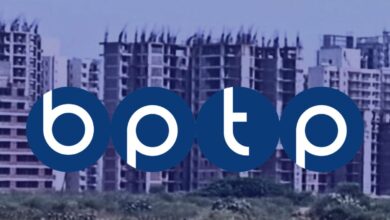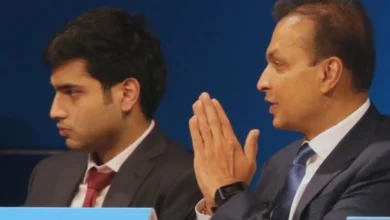Rajiv Bahl appointed ICMR Director General

Dr Rajiv Bahl was on Friday appointed as Director General of the Indian Council of Medical Research (ICMR) and Secretary of the Department of Health Research for a period of three years.
Bahl is currently the Head of Research on Maternal, Newborn Child and Adolescent Health cum-Newborn Unit Head, Department of Maternal Newborn Child and Adolescent Health and Ageing, at the World Health Organization (WHO) in Geneva.
“The Appointments Committee of the Cabinet has approved the appointment of Dr Rajiv Bahl…to the post of Director General, ICMR-cum-Secretary Department of Health Research for a period of three years, with effect from the date of assumption of charge of the post or until further orders, whichever is earlier,” according to an order issued by the Department of Personnel and Training.
His predecessor, Dr Balram Bhargava’s extended tenure as Director General of ICMR and Secretary of the Department of Health Research ended in July.
Bhargava was appointed to the post on April 16, 2018 for four years.




